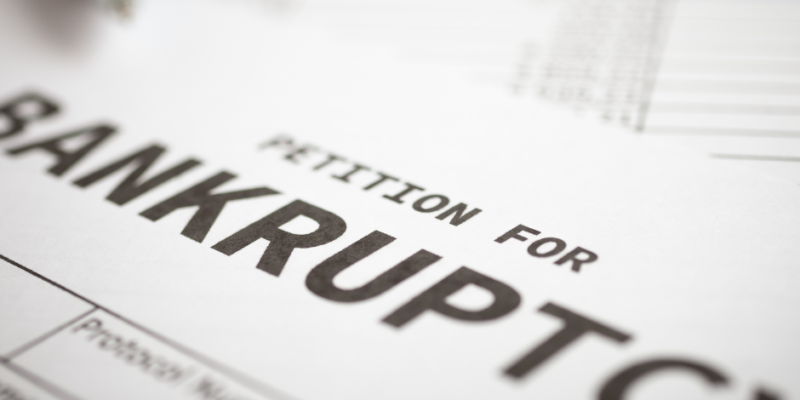Four Questions to Ask Yourself Before You File Bankruptcy
Before you decide whether to file for bankruptcy, it’s important to consider all your options. If you’re struggling with high levels of debt, you may be considering bankruptcy as a way to deal with those troubles and get back on your feet financially. This article will cover the four questions to ask yourself before you file bankruptcy and what to expect if you decide to proceed with this type of filing.
Filing for Chapter 7 bankruptcy (also known as liquidation) is a legal option for those who can no longer make payments on their debts and want to start over with a clean slate. When you file, your assets are liquidated and used to pay back creditors; all remaining debt is then discharged. A trustee manages your case and is tasked with selling off your assets and paying your creditors. Chapter 7 cases usually last between three and six months before they’re closed out. But not everyone qualifies for relief under Chapter 7—and it isn’t necessarily a quick fix either.
That said, when considering whether or not filing bankruptcy makes sense in your situation, ask yourself:
If you’re considering filing for Chapter 7 bankruptcy, there are some important things to know before you do.
How long will my debt last?
The main factor in deciding whether or not filing bankruptcy is right for you depends on how much time you’ll need to make payments over your remaining debts. If you expect to pay off your loans within six months, it might make sense for you to file for chapter 13 bankruptcy. On the other hand, if most of your loans don’t end until after five years or less, going down a different route will likely save you money over time. There are different types of bankruptcy depending on how much money you owe and what kind of repayment plans work best for you, so look into them carefully when making decisions about how to proceed in paying off what you owe.
What are my options besides bankruptcy?
While bankruptcy isn’t always necessary, sometimes it is. But there are plenty of other ways to help manage your debt without going through one of those processes. Credit card companies know that many consumers choose bankruptcy as a last resort, so they offer several types of hardship programs specifically designed to meet consumer needs. These programs offer consumers flexible payment schedules based on certain conditions such as unemployment or medical emergency. It’s also possible to negotiate with creditors by agreeing to receive smaller monthly payments than initially expected in exchange for dropping interest rates or increasing loan length times beyond standard expectations.
Is there another path that might be better for me?
An attorney with Lauber Law Group will negotiate with your creditors to settle your unsecured debts for 20-50% less than what you owe. You may have heard of or been involved with a debt relief or debt consolidation company that asks for money upfront to reduce your debts. Those programs are typically scams and will not get you the same results an attorney at Lauber Law Group can secure for you. If creditors are harassing you, retain an attorney through our firm to re-direct those phone calls to us. Once you are represented, they can only talk to your attorney.
Also, you may qualify for assistance that could delay or stop garnishments from creditors while keeping open lines of communication between yourself and creditors.
Do I really need to file?
Just because it may seem like all of your options have been exhausted doesn’t mean that they actually have been. Many people get so caught up in taking care of their creditors and bills; they forget to consider potential alternatives. Consider debt settlement and negotiation services or seek out some credit counseling before you file bankruptcy.
While there are many reasons why you may want to file for bankruptcy, such as medical bills or job loss, it’s essential to understand all of your options and look at them through a financial lens. Before filing for bankruptcy, you should consider other alternatives that aren’t as drastic. This is because bankruptcy can negatively affect your credit score and take years before you start seeing an improvement.
When deciding whether or not filing bankruptcy is right for you, weigh your personal situation against your financial goals; everyone’s reasons for doing so are different. Learn about your options, talk to others who have done it before, and make sure that bankruptcy is truly your best bet.
Learn More about Washington State Bankruptcies
Are you overwhelmed with harassing phone calls from your creditors? The Law Offices of Lauber Law Group PLLC provides free consultations to help you recover peace and stability in your financial life. As a Lauber Law Group client, you will receive exceptional judgment-free advocacy from an attorney who is truly invested in helping you get back on solid ground.
Contact us today to see if you qualify.

